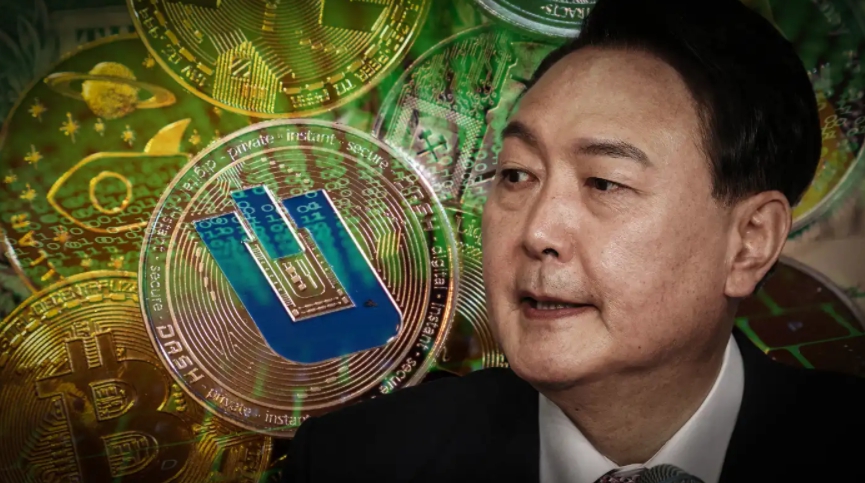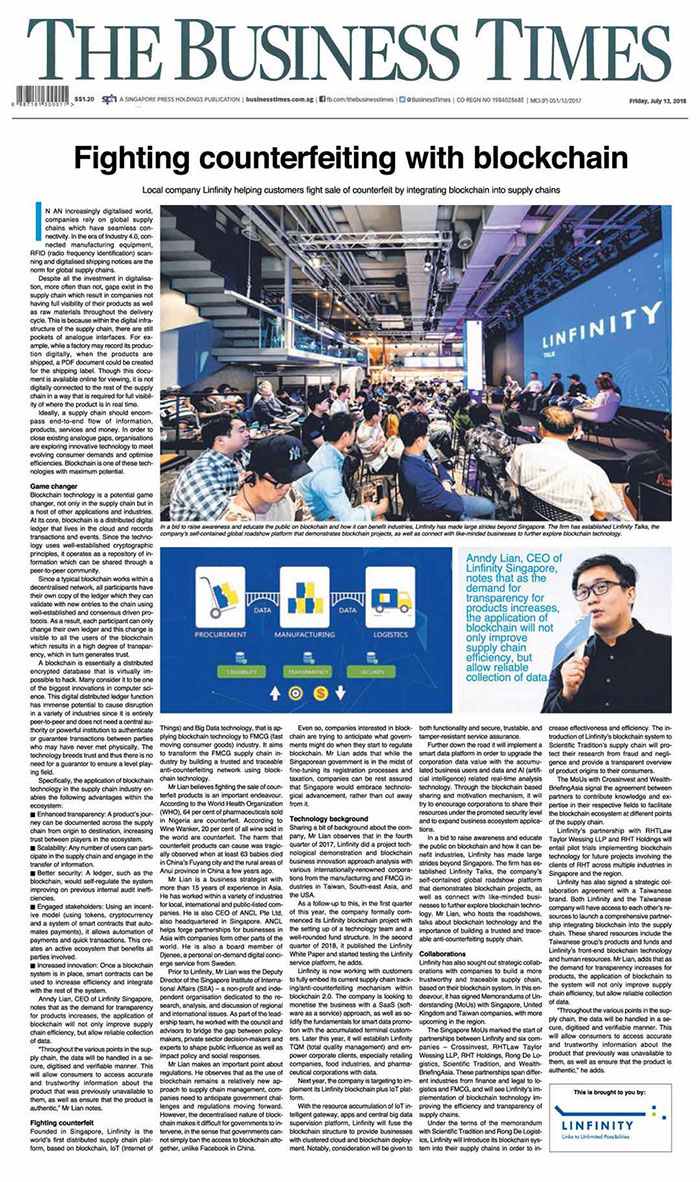SEOUL/SINGAPORE — South Korean President-elect Yoon Suk-yeol will take office in May with no business experience but strong ideas on one of the most contentious subjects in finance, cryptocurrencies.
Yoon, a former top prosecutor who emerged victorious last week in the closest vote for the top office in the country’s history, has promised to allow initial coin offerings, or ICOs, as part of his broader cryptocurrency pledges.
A member of the conservative People Power Party, he has also vowed not to impose taxes on cryptocurrency trading gains of up to 50 million won ($40,000), treating them the same as stock winnings.
Yoon’s proposals were welcomed by cryptocurrency advocates who expect obstacles to be removed and the door opened to increased opportunities in blockchain technology-based assets.
“We definitely welcome his stance as he is confident about boosting the industry,” said Yoon Seong-han, secretary-general at Korea Blockchain Association, a lobby group for cryptocurrency exchanges and other market participants. “As ICOs are banned now, we have no choice but to issue coins in Singapore and other countries. Ventures and startups will be able to raise money easily from investors [if the ban is lifted].”
Yoon the lobbyist is not related to the president-elect.
Singapore-based Anndy Lian, chairman of Netherlands-registered crypto trading platform BigONE Exchange, also welcomed Yoon’s stance. “He understands the importance of crypto,” Lian told Nikkei Asia. “He understands the future, and it is unstoppable.”
Stocks related to coins have rallied on Yoon’s victory over Lee Jae-myung of the center-left Democratic Party. Lee took a cautious stance toward cryptocurrencies. Lee agreed with Yoon on allowing coin issuances but was negative on treating cryptocurrencies the same as stocks.
Cryptocurrencies, which can and do go on huge price swings, have prompted concerns over how they can be effectively regulated.
Shares of Vidente, a telecom facility maker that owns a 34.2% stake in South Korea’s biggest cryptocurrency exchange Bithumb Holdings, jumped 11.3% over two days last week after Yoon was elected, before falling 5.37% on Monday and 2.39% on Tuesday.
According to South Korea’s financial regulator, the country’s cryptocurrency market reached 55.2 trillion won as of December, with average daily trading of 11.3 trillion won. More than 15.2 million people in the country have accounts with 24 cryptocurrency brokers. Of those registered, 5.6 million actually trade.
Traders in their 30s appear to be most enthusiastic, accounting for 31% of all buyers; followed by those in their 40s, at 27%; and those in their 20s, at 23%; according to a Financial Services Commission report released last month. By gender, two-thirds of users are men. More than half of users had cryptocurrencies valued at 1 million won or less, while 15% held 10 million won worth or more.
Stocks have traditionally been South Koreans’ favored investment vehicle. The country’s benchmark Kospi index in 2021 experienced a record year for initial public offerings, which totaled 17.2 trillion won. The index rose 3.63% last year and had a market capitalization of 2.2 quadrillion won.
Yoon’s electoral victory of less than a percentage point was largely propelled by support from socially and economically disaffected younger men, analysts say. This disaffection has been increasing due to high inflation, low growth and more recently soaring home prices.
The victor’s embrace of cryptocurrencies also comes as U.S. President Joe Biden last week signed an executive order ensuring responsible development of cryptocurrencies and other digital assets.
“We must reinforce United States leadership in the global financial system and in technological and economic competitiveness, including through the responsible development of payment innovations and digital assets,” the White House said in a statement, describing one of the order’s objectives.
Yoon can implement part of his cryptocurrency policy through presidential orders, but his no-tax vow will need the National Assembly to revise a tax law. The legislature will also need to pass a bill to set up an agency to regulate digital assets.
This will require cooperation from incumbent President Moon Jae-in’s dominant Democratic Party, which has a majority of 300 seats in the legislature.
At least some of what Yoon proposes is likely to be achieved, according to Han Dae-hoon, an analyst at SK Securities.
“I expect Yoon’s policy to nurture cryptocurrencies is likely to be realized with the new government,” Han wrote in a note on Monday. “But we will not know until we see it.”
In Singapore, Yoon’s openness to crypto has been met with some skepticism. Although the city-state has positioned itself as an Asian hub for digital assets, its financial regulator has been selective in offering operating licenses to crypto players; only a handful of companies have been allowed to do business in the country.
Anson Zeall — emeritus-chair of the Association of Cryptocurrency and Blockchain Enterprises and startups Singapore, a lobby outfit for over 400 businesses — said it remains to be seen how many of Yoon’s promises will be fulfilled.
“Action speaks louder than words,” he told Nikkei Asia. “We need to see what they [South Korea] come up with.”
Lian of BigONE Exchange voiced a similar sentiment.
“Singapore’s menu still has its advantages,” he told Nikkei. “[South] Korea’s money control[s] needs to be relooked [at] in order for crypto to move up another level, so Singapore is still in an advantageous position.”
Original Source: https://asia.nikkei.com/Spotlight/Cryptocurrencies/South-Korea-s-incoming-president-vows-big-cryptocurrency-push

Anndy Lian is an early blockchain adopter and experienced serial entrepreneur who is known for his work in the government sector. He is a best selling book author- “NFT: From Zero to Hero” and “Blockchain Revolution 2030”.
Currently, he is appointed as the Chief Digital Advisor at Mongolia Productivity Organization, championing national digitization. Prior to his current appointments, he was the Chairman of BigONE Exchange, a global top 30 ranked crypto spot exchange and was also the Advisory Board Member for Hyundai DAC, the blockchain arm of South Korea’s largest car manufacturer Hyundai Motor Group. Lian played a pivotal role as the Blockchain Advisor for Asian Productivity Organisation (APO), an intergovernmental organization committed to improving productivity in the Asia-Pacific region.
An avid supporter of incubating start-ups, Anndy has also been a private investor for the past eight years. With a growth investment mindset, Anndy strategically demonstrates this in the companies he chooses to be involved with. He believes that what he is doing through blockchain technology currently will revolutionise and redefine traditional businesses. He also believes that the blockchain industry has to be “redecentralised”.





